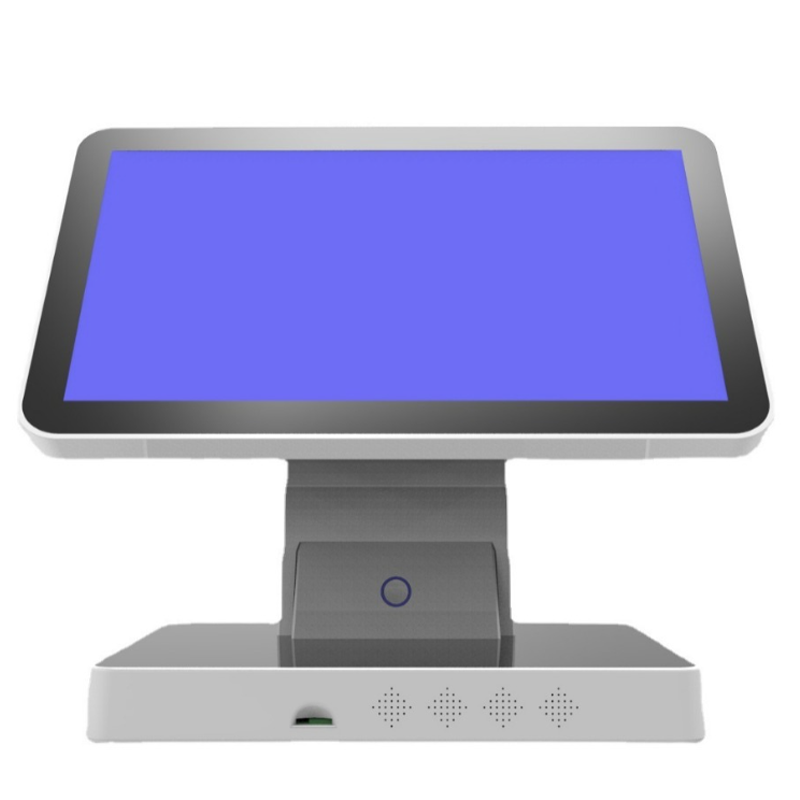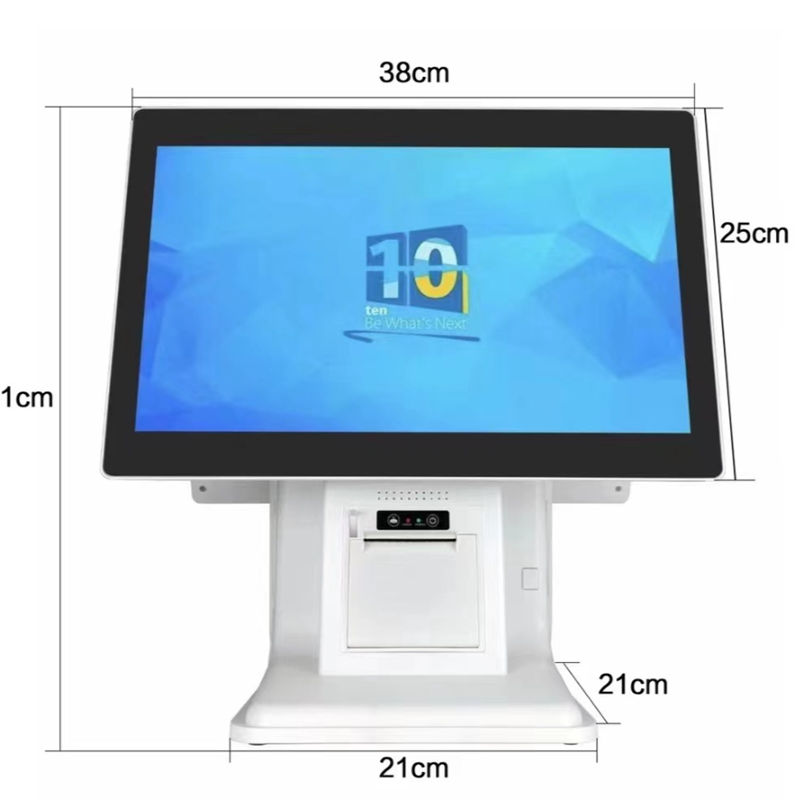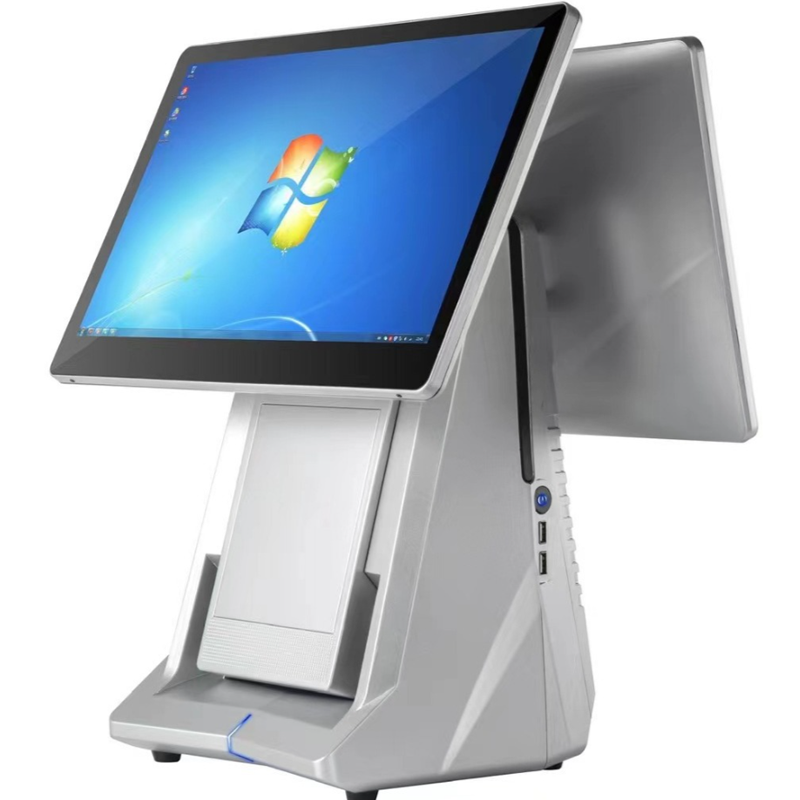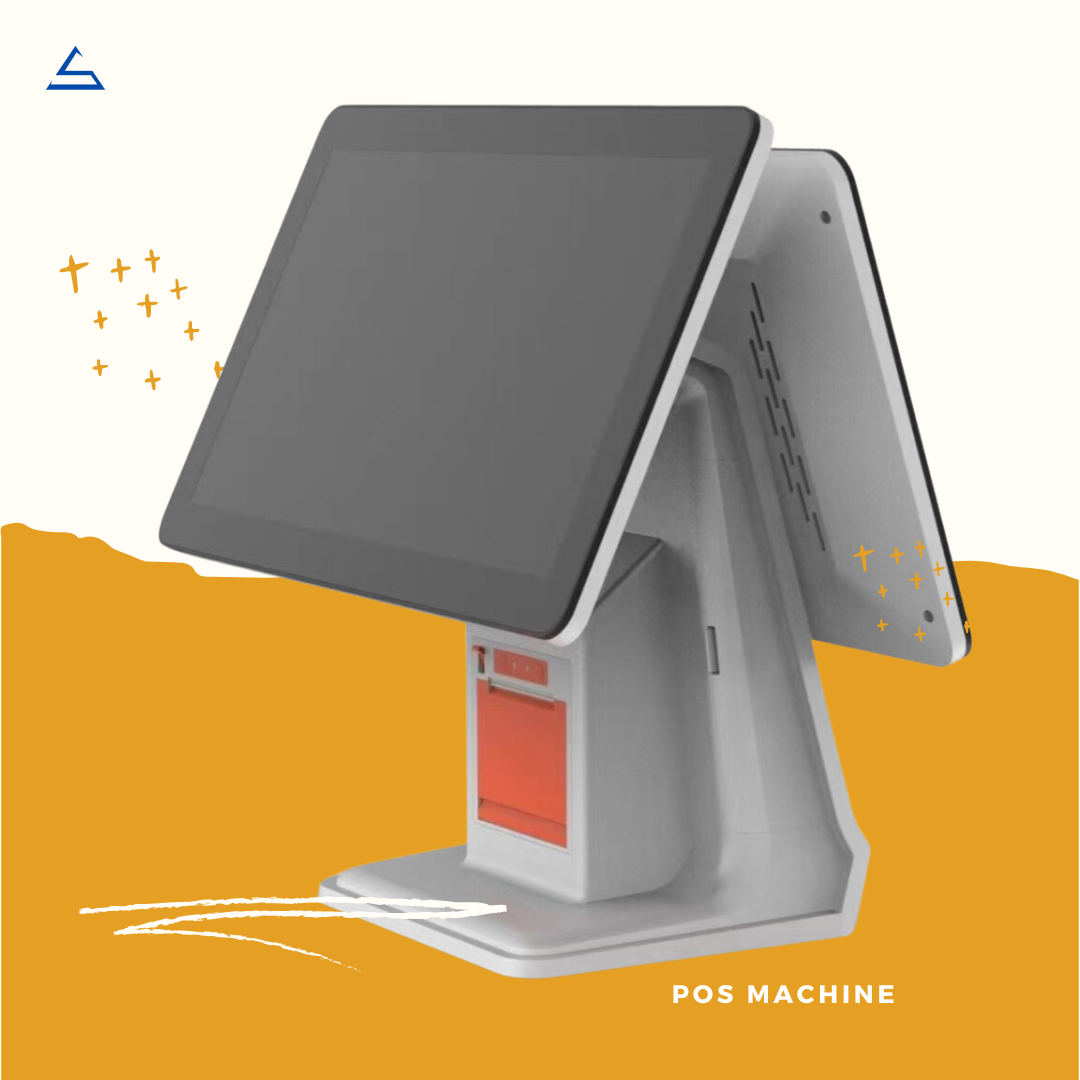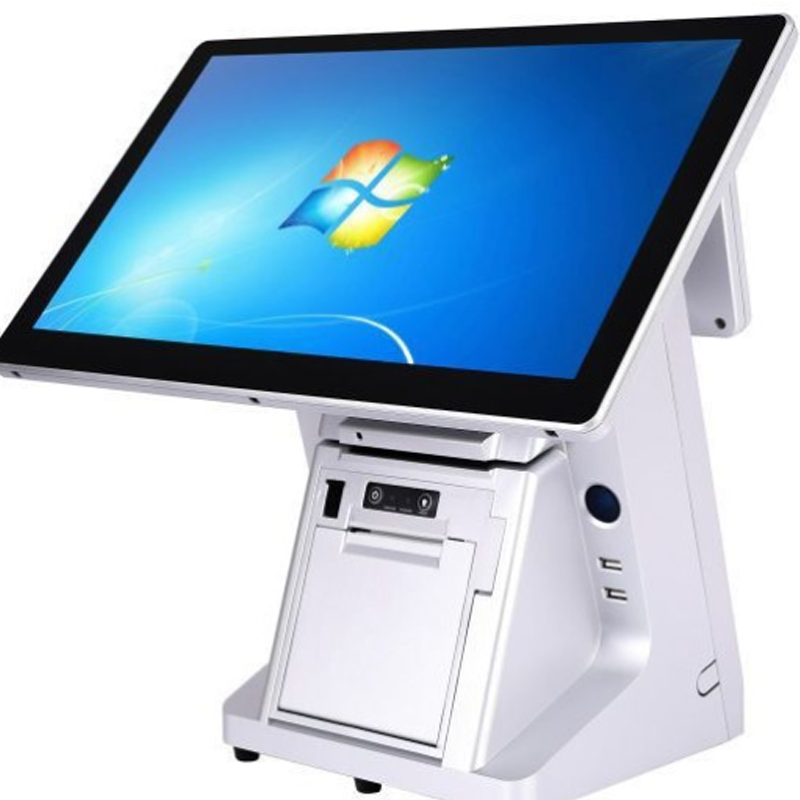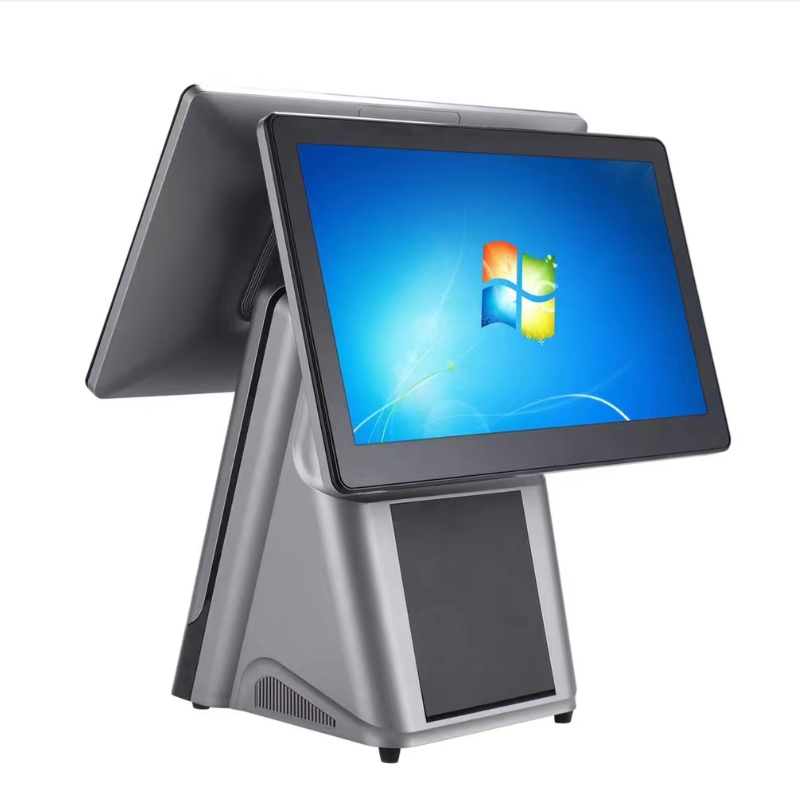kas išrado kasos aparatą
Turinys
Santrauka
Have you ever wondered about the origins of that trusty machine at the heart of every store checkout? The cash register, a device we often take for granted, has a fascinating history that begins with a creative saloonkeeper named James Ritty. This article will explore the invention of the cash register, its impact on retail, and how it evolved into the sophisticated point-of-sale systems we use today. Understanding this history can give us valuable insights into the development of retail technology and the ongoing quest for business efficiency and accuracy.
1. Who Was James Ritty and What Inspired His Invention?
James Ritty was more than just a saloonkeeper in Dayton, Ohio. He was an entrepreneur with a problem to solve. In the late 1870s, Ritty was running a successful saloon, but he faced a common issue that plagued many business owners of his time: employee theft.Ritty’s eureka moment came during a trip to Europe. While on a steamship crossing the Atlantic, he observed a mechanism that counted the ship’s propeller revolutions. This sparked an idea: could a similar device be used to record sales transactions?
“Necessity is the mother of invention.” – Plato
This quote perfectly encapsulates Ritty’s journey. His need to prevent theft led to one of the most important inventions in retail history.
2. What Was the “Incorruptible Cashier” and How Did It Work?
Upon returning to Dayton, Ritty and his brother John set to work on creating a machine that could record sales transactions. After several attempts, they succeeded in patenting their invention in 1879. They called it the “Incorruptible Cashier.”The first cash register was a simple mechanical device:
- It had a clock-like face and dial to record sales amounts
- Each key pressed would move the dial to show the transaction amount
- A bell would ring with each transaction, alerting the owner
- It lacked a cash drawer, focusing solely on recording sales
While primitive by today’s standards, this invention laid the groundwork for modern cash registers and point-of-sale systems.
3. How Did the Cash Register Evolve After Ritty’s Initial Invention?
The evolution of the cash register was rapid and transformative:
- 1884: John H. Patterson bought the rights to Ritty’s patent and founded the National Cash Register Company (NCR)
- Late 1800s: Addition of the cash drawer and paper receipts
- Early 1900s: Introduction of electric motors to operate the registers
- 1906: Charles F. Kettering developed the first electric cash register
- 1970s: Introduction of electronic cash registers with digital displays
- 1980s onwards: Development of computerized point-of-sale systems
Each iteration brought new features and capabilities, transforming the simple “Incorruptible Cashier” into the complex POS systems we use today.
4. What Impact Did the Cash Register Have on Retail and Business Practices?
The invention of the cash register had far-reaching effects on retail:
- Reduced Theft: The primary goal of Ritty’s invention was realized as employee theft decreased significantly.
- Improved Accounting: Accurate sales records made bookkeeping much easier and more reliable.
- Enhanced Customer Trust: Visible transaction amounts increased transparency and customer confidence.
- Streamlined Operations: Faster transactions and better record-keeping improved overall business efficiency.
- Revolutionized Retail Training: The cash register became a central part of retail employee training.
The cash register didn’t just change how money was handled; it transformed the entire retail landscape.
5. How Does Ritty’s Invention Compare to Modern POS Systems?
While Ritty’s “Incorruptible Cashier” was groundbreaking for its time, modern POS systems have come a long way:
| Ritty’s Cash Register | Modern POS System |
|---|---|
| Mechanical operation | Digital, often cloud-based |
| Records sales only | Manages inventory, customer data, and more |
| Prints simple receipts | Can email receipts, track loyalty programs |
| Standalone device | Integrates with other business software |
| Limited data storage | Extensive data analytics capabilities |
Despite these differences, the core purpose remains the same: to accurately record transactions and prevent loss.
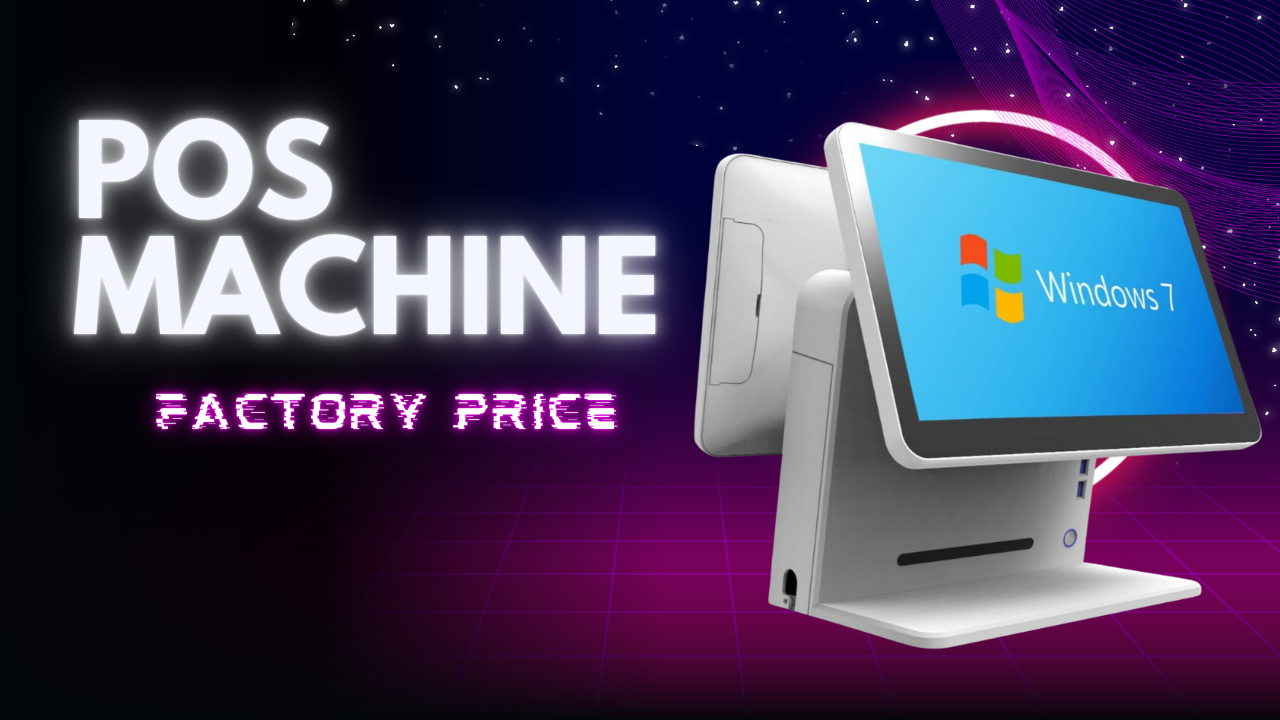
6. What Can Small Business Owners Learn from the Story of the Cash Register?
The story of James Ritty and the cash register offers several lessons for today’s entrepreneurs:
- Identify Real Problems: Ritty’s invention solved a genuine issue in his business.
- Look for Inspiration Everywhere: The idea came from an unrelated mechanical counter on a ship.
- Iterate and Improve: The cash register underwent many improvements after its initial invention.
- Protect Your Ideas: Patenting the invention was crucial to its success and development.
- Embrace Technology: Just as the cash register revolutionized 19th-century retail, modern POS solutions continue to transform business operations.
7. How Has the Concept of “Cash and Credit” Evolved Since Ritty’s Time?
The way we handle transactions has changed dramatically since Ritty’s day:
- Cash Dominance: In Ritty’s era, cash was king. His register was designed primarily for cash transactions.
- Credit Evolution: The introduction of credit cards in the 1950s began a shift away from cash-only businesses.
- Digital Payments: Today, businesses need to handle a variety of payment methods, from cash and cards to mobile payments and cryptocurrencies.
- Integrated Systems: Modern POS systems can handle multiple payment types and integrate with accounting and inventory management systems.
This evolution reflects broader changes in consumer behavior and technology.
8. What Role Do Cash Registers Play in Today’s Digital Age?
While digital payments are on the rise, cash registers still play a crucial role:
- Hybrid Solutions: Many businesses use systems that combine traditional cash handling with digital payment processing.
- Legal Requirements: Some jurisdictions require physical records of transactions, which cash registers provide.
- Backup Systems: In case of power outages or system failures, traditional cash registers can be a reliable backup.
- Small Business Tool: For some small businesses, a simple cash register remains a cost-effective solution.
The enduring presence of cash registers demonstrates the lasting impact of Ritty’s invention.
9. How Can Businesses Choose Between Traditional Cash Registers and Modern POS Systems?
Deciding between a traditional cash register and a modern POS system depends on several factors:
- Business Size and Type: A small, cash-only business might be fine with a traditional register, while a growing retailer might need a full POS sistema.
- Budget: Traditional registers are often less expensive upfront, but POS systems can offer long-term savings through efficiency.
- Feature Requirements: If you need inventory management, customer data tracking, or detailed analytics, a POS system is the way to go.
- Tech Comfort Level: Consider your and your staff’s comfort with technology when making this decision.
- Future Plans: If you plan to expand or add online sales, a scalable POS system might be a better long-term investment.
For a deeper dive into this decision, check out our guide on choosing the right POS system.
10. What Does the Future Hold for Cash Register Technology?
The spirit of innovation that drove James Ritty continues to shape the future of retail technology:
- AI Integration: Artificial intelligence could enable predictive inventory management and personalized customer experiences.
- Biometric Payments: Fingerprint or facial recognition could become common payment methods.
- Augmented Reality: AR could transform how products are displayed and how customers interact with them in-store.
- Blockchain Integration: Cryptocurrencies and blockchain technology might become standard features in future POS sistemos.
- Internet of Things (IoT): Cash registers could become part of a broader network of connected devices in smart stores.
As we look to the future, it’s clear that the cash register, in whatever form it takes, will continue to play a crucial role in retail.
Žymos
Produktas
Tinklaraštis
Susisiekite su mumis
Susiję produktai
Dažniausiai užduodami klausimai apie medinių dėžių gamybą

